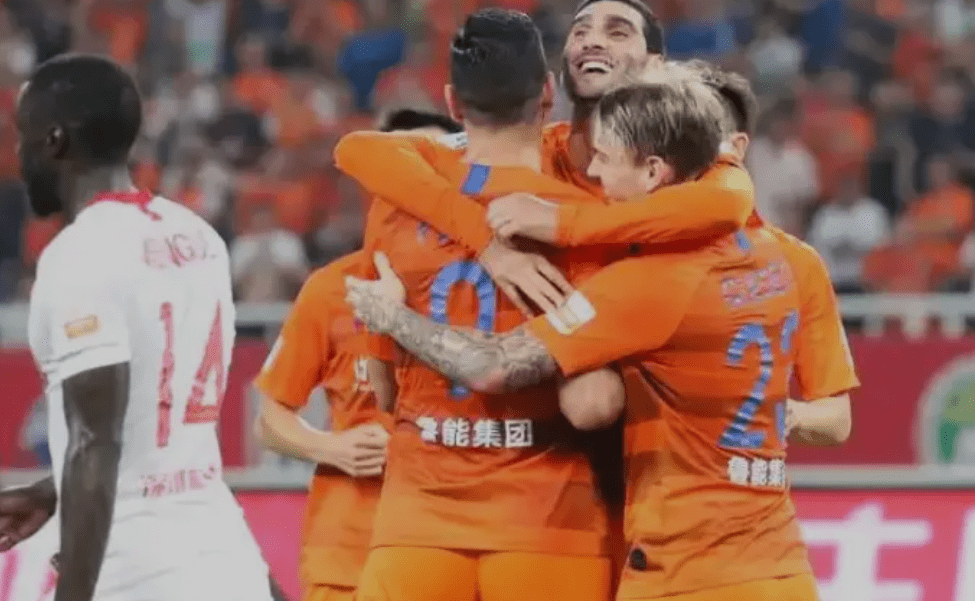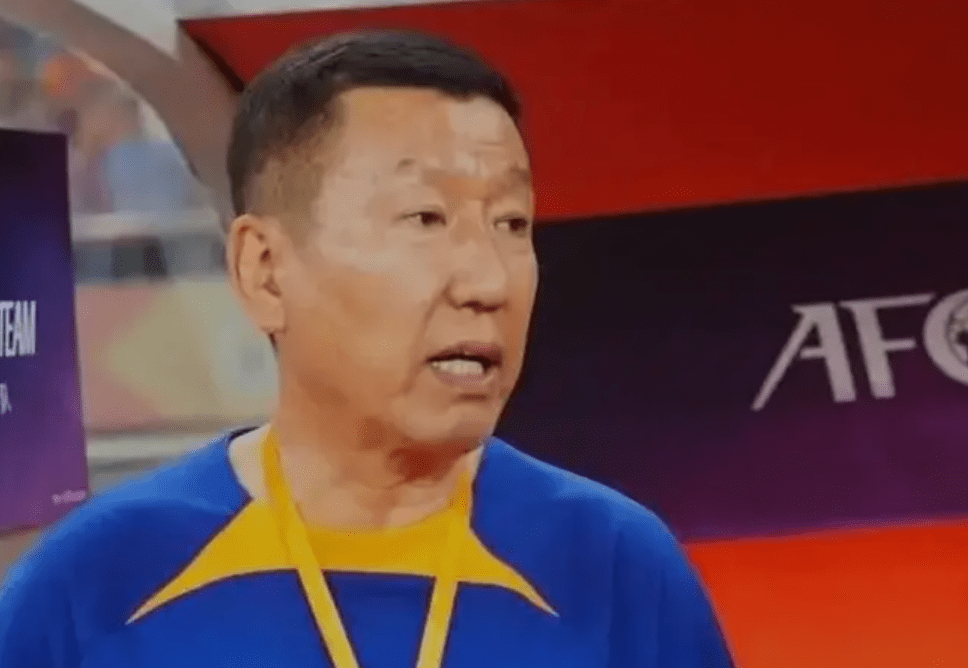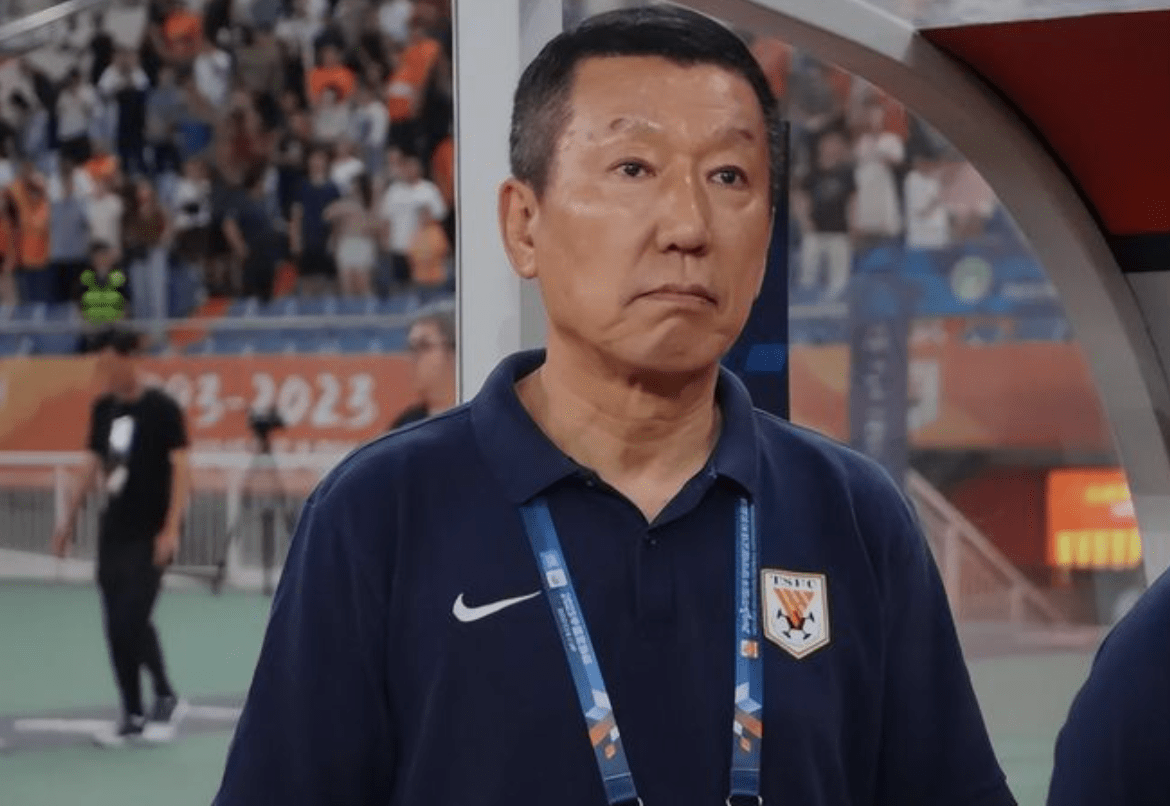Choi Kang-hee's stay with Shandong Luneng seems to be driven by a desire to lead the team to success or simply an unwillingness to give up his high salary. This tug-of-war between the club and the coach has become a classic challenge in the Chinese Super League (CSL): one side is unwilling to compromise, while the other cannot afford to waste time. On the surface, this appears to be a contract dispute, but it hides the rapidly changing unwritten rules and conflicts of interest in professional football.

When mentioning Choi Kang-hee, most fans recall his glorious days at Jeonbuk Hyundai Motors. Back then, the tough Korean coach, with his firm approach and clear tactical vision, transformed Jeonbuk into Asian champions and was repeatedly named the best coach in Korea. It's not an exaggeration to say that he was a prominent figure among coaches in Asian football over the past decade. During the peak of his coaching career, people's trust in his repeated achievements even made Choi Kang-hee a representative of Korean coaches "exporting" to the CSL.

However, the glory of those days can only remain in memory now. Choi Kang-hee currently finds himself in a dilemma: staying with Luneng leads to conflicts; wanting to leave, yet without an ideal next team to join. Although there are rumors that Jeonbuk Hyundai Motors might be interested in recalling this former hero, the reality is that he is just one of the candidates and not a priority for Jeonbuk. The shift from being highly regarded to becoming a "backup option" reflects not only Choi Kang-hee's fall from grace but also the change in Asian football's perception of coaches' value – even with past successes, it's no longer a guarantee for future opportunities.

Discussing the impasse between Luneng and Choi Kang-hee, it's impossible not to mention the "big environment" changes the CSL is undergoing. In the past, coaches in the CSL enjoyed skyrocketing salaries, with many foreign coaches, especially Koreans, making significant earnings. However, in recent years, the bubble of "golden football" in the CSL has burst, forcing multiple clubs to tighten their belts. The introduction of salary caps has not only limited player wages but also shown signs of reducing coaching fees. As wallets have become "thinner," the resulting shockwaves have been comprehensive.

Choi Kang-hee's dispute serves as a typical example. An irreconcilable conflict arose between the two sides: Choi Kang-hee sought more power, such as the leading role in transfer decisions, but Luneng directly rejected this. The crux of their deadlock is clearly financial. If Luneng were to terminate Choi Kang-hee's contract, they would have to pay a hefty termination fee of 40 million yuan – a sum substantial enough to cause the club financial pain for years. Even worse, Choi Kang-hee is unwilling to leave easily, choosing instead to continue receiving his annual salary, even if it means "wasting time."

One cannot help but wonder if Luneng's announcement of contact with Xu Maodeng at this critical juncture is merely coincidental. After all, Xu Maodeng is no stranger. He is not only a "long-time acquaintance" of Luneng but also a local Chinese coach well-recognized by fans. Some speculate that Luneng may have resorted to this move to resolve the current stalemate: if Xu Maodeng were to become the head coach, Luneng could avoid the burden of high foreign coaching salaries and reorganize resources through localization during the transition period.

However, Xu Maodeng's potential return is a double-edged sword. Local coaches do have a better understanding of domestic players' mentality, but do they possess the tactical skills to challenge high-level opponents? This is a challenge Luneng must face once they change coaches. Will Choi Kang-hee's continued presence further hinder the team's stability in training and management? Both options seem fraught with uncertainty.

Choi Kang-hee's current situation may be drastically different from the golden era of his coaching career, but it is more akin to a reflection of the overall changes in the Asian football environment. In the past, whether in the CSL or in Japanese and Korean leagues, there was always a willingness to spend big money on top coaches in an attempt to change the team's fate and achieve short-term performance goals. However, the winds of change have shifted: Japanese and Korean leagues now focus more on nurturing young players, while the CSL begins to restrain its "gambling economy." The entire Asian market's demand for coaches is gradually becoming more rational.

When Choi Kang-hee reconnected with Jeonbuk Hyundai Motors, it did not create much of a stir. This undoubtedly indicates that even a once-renowned coach finds it challenging to continue enjoying the accumulated prestige of the past. This trend represents the rationalization of football economics. For Choi Kang-hee, his awkward position is not just about a coach's personal circumstances but is also a case of marginalization amidst the industry's transformation.
The stalemate between Luneng and Choi Kang-hee also exposes loopholes in the management of CSL clubs. As the principal party, the club hopes to attract famous coaches with high salaries but fails to establish clear performance clauses or breach conditions. Once problems arise in cooperation, they can only passively spend large amounts of time and money "enduring." In comparison, Japanese and Korean clubs are more mature in this aspect.
Local coaches may be a future trend for Chinese clubs, such as potential talents like Xu Maodeng, but relying on a single coach cannot solve all problems. Rational personnel allocation, rigorous financial planning, and professional contract design – these are the core issues behind the maturation of club management.
Who will yield first in the standoff between Choi Kang-hee and Luneng, and who will be the ultimate winner? No one can provide an answer to this question at present. However, what is certain is that behind this confrontation lies far more than just contracts and money.